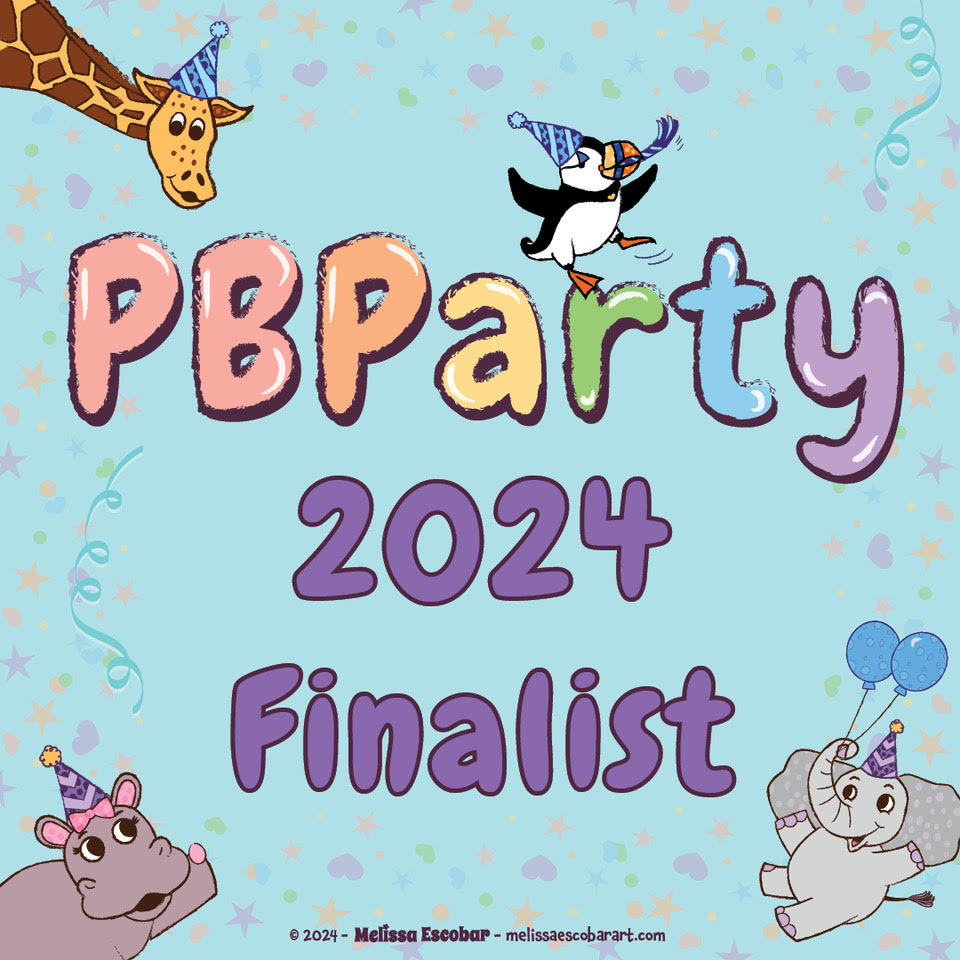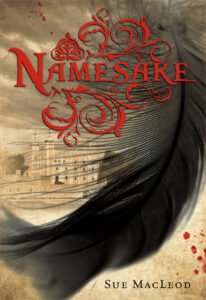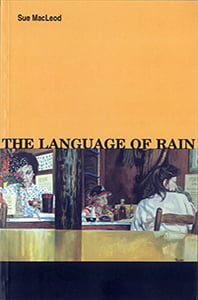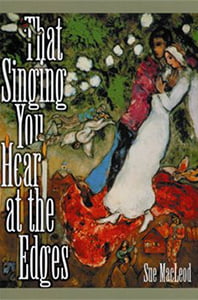Sue MacLeod
Welcome to my site.
I live and write in Kjipuktuk (Halifax), Nova Scotia, and have published three books of poems and one Young Adult novel. I was Halifax’s first poet laureate from 2001 to 2005. Next, in Toronto and Montreal, I worked as a freelance editor and led writing workshops at the Art Gallery of Ontario and the Quebec Writers’ Federation.
The pandemic brought me back home, along with my rescue schnoodle, Chloé. Walking Chloé on the waterfront, I have a great view of Georges Island in the harbour, with its lighthouse and lightkeeper’s house. I started wondering if children ever lived there—turns out they did—and this led me to a new writing focus.
Since 2022 I’ve been studying the enchanting world of picture books and the exacting craft of writing them. It combines the lyricism and conciseness of poetry with the plotting and character development of fiction. I have several manuscripts in progress, on subjects from rescue dogs (thank you again, Chloé!) to contemporary myths about the moon.
In 2024, I’ve been accepted as a picture book mentee at Whale Rock Workshops. I’ve also received an Arts Nova Scotia grant to write a picture book trilogy about lighthouse children, and have placed as a finalist in a US-based contest, PBParty.
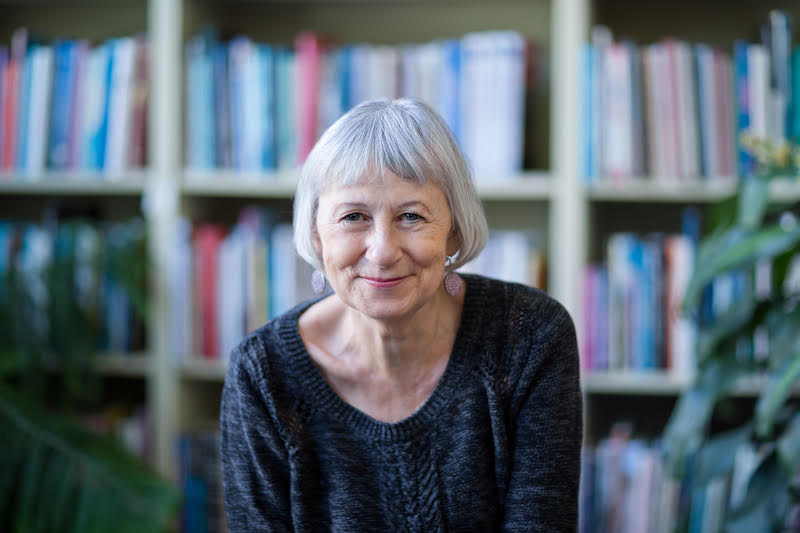
Photo Credit: Nicola Davison
